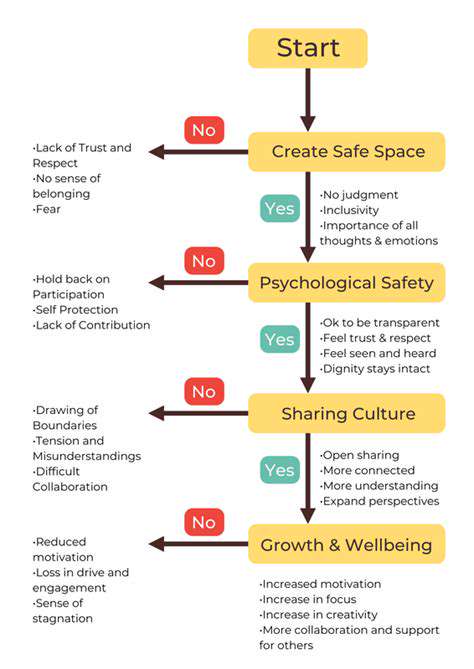Common Pet Parasites: Prevention and Treatment
Identifying Common Pet Parasites

Fleas
Those pesky fleas might seem small, but they can cause big problems for your furry companions. These wingless little critters survive by feasting on animal blood, and they're more than just a nuisance. Diseases can actually spread through flea bites, and the constant scratching they cause might lead to painful skin infections if left unchecked. Spotting an infestation early makes all the difference in effective treatment.
Keep an eye out for flea dirt - those tiny black specks resembling ground pepper in your pet's fur or bedding. This is actually flea waste and serves as a clear warning sign. Running a fine-toothed comb through your pet's coat regularly helps catch these clues before the problem escalates.
Ticks
Unlike fleas, ticks belong to the arachnid family and pose serious health risks to pets. These blood-sucking parasites often lurk in grassy or wooded areas, waiting to latch onto passing animals. The health threats from ticks shouldn't be underestimated, making thorough checks after outdoor adventures absolutely essential.
These stubborn parasites can transmit dangerous illnesses like Lyme disease and Rocky Mountain spotted fever. Removing ticks properly and promptly significantly reduces disease transmission risks.
Ear Mites
Nearly invisible to the naked eye, ear mites create big problems in small packages. They tunnel into ear canals, causing extreme irritation and producing a distinctive unpleasant smell. The discomfort from these tiny invaders can be excruciating for pets.
Watch for telltale signs like frequent head shaking, ear scratching, or dark, crumbly ear discharge. Veterinary assistance is crucial since these symptoms require professional diagnosis and treatment.
Heartworms
Transmitted through mosquito bites, heartworms represent one of the most dangerous pet parasites. These worms take up residence in heart and lung arteries. Heartworm disease progresses silently but can be deadly, making prevention absolutely vital for pet health.
Roundworms
Common intestinal parasites, roundworms create digestive havoc in infected animals. Symptoms range from vomiting and diarrhea to unexplained weight loss. These worms can trigger additional health complications beyond gastrointestinal issues.
Pets often pick up roundworm eggs from contaminated soil or feces. Consistent deworming protocols and environmental cleanliness form the best defense against these persistent parasites.
Other Internal Parasites
Beyond the usual suspects, hookworms and whipworms also threaten pet health with similar symptoms to roundworms. Catching these infections early prevents them from causing severe damage to your pet's system.
Each internal parasite has unique life cycles and transmission methods. Knowledge about these differences helps pet owners provide better protection for their animals.
Additional External Parasites
Mange mites represent another external parasite category that wreaks havoc on pet skin. These microscopic invaders cause extreme itchiness, bald patches, and skin damage. Professional veterinary care is non-negotiable for effective mange treatment.
Early identification stops these parasites from spreading to other pets. Always consult your veterinarian for personalized parasite prevention advice tailored to your pet's needs.

Addressing the Underlying Causes
Understanding the Risk Factors
Certain factors significantly increase parasite risks for pets. Environments with tall grass, dense vegetation, or frequent animal traffic pose higher exposure risks. Some breeds face greater vulnerability due to their physical characteristics or typical activities.
Nutrition plays a crucial role too - inadequate diets compromise immune defenses against parasites. Irregular grooming routines create ideal conditions for parasites to establish themselves. Routine veterinary visits enable early detection before infestations become severe.
Recognizing Common Parasites
From blood-sucking fleas to disease-carrying ticks, various parasites threaten pet health. Heartworms create life-threatening cardiovascular conditions, while roundworms disrupt digestive functions. Understanding each parasite's unique warning signs ensures timely treatment.
Preventative Measures
Consistent prevention forms the cornerstone of parasite control. Options range from topical treatments to oral medications and specialized collars. Regular grooming sessions help remove potential parasites, while scheduled deworming maintains intestinal health.
The Critical Role of Early Detection
Spotting parasite problems early prevents serious health consequences. Changes in behavior, appetite, or physical appearance often signal trouble. Diligent observation allows for swift veterinary intervention when needed.
Treatment Approaches
Veterinarians tailor treatments based on parasite type and infection severity. Options may include medicated shampoos, oral drugs, or in severe cases, surgical procedures. Strict adherence to treatment protocols prevents recurrence and ensures complete recovery.
Ongoing Protection
Long-term parasite management requires sustained effort. Continued preventive care, regular health checkups, and environmental hygiene form a comprehensive defense strategy. Collaborating with your veterinarian creates a customized protection plan for your pet's specific needs.
Read more about Common Pet Parasites: Prevention and Treatment
Hot Recommendations
- Customized Sleep Schedules: AI Driven for Sustainable Rest
- Crafting a Personalized Productivity Plan for Mental Clarity
- Sustainable Self Compassion: Cultivating Kindness Towards Your Mind
- Sustainable Productivity Hacks for the Busy Professional
- Sustainable Wellness for Parents: Balancing Family and Self Care
- Data Informed Self Care: Designing Your Personalized Wellness Strategy
- Sustainable Wellness for a Purpose Driven Life
- AI Assisted Mindfulness: Personalized Meditations for Deeper Practice
- Building Inclusive Mental Health Services: Key Initiatives
- AI Powered Self Care: Customizing Your Routine for Maximum Impact











